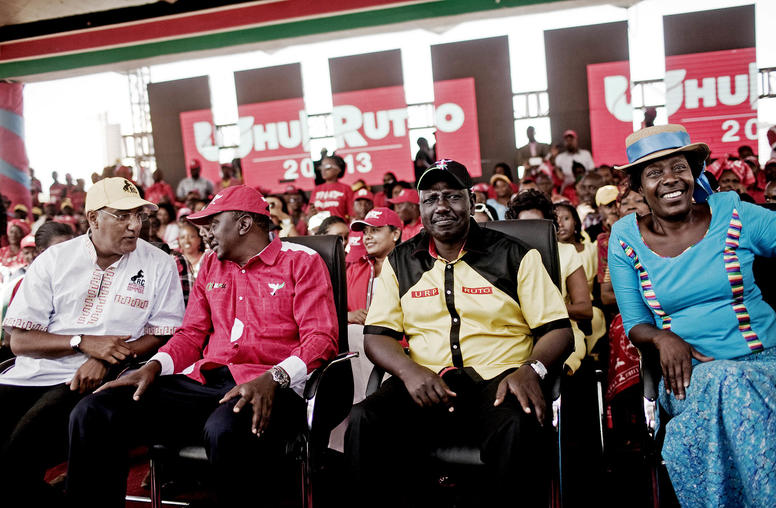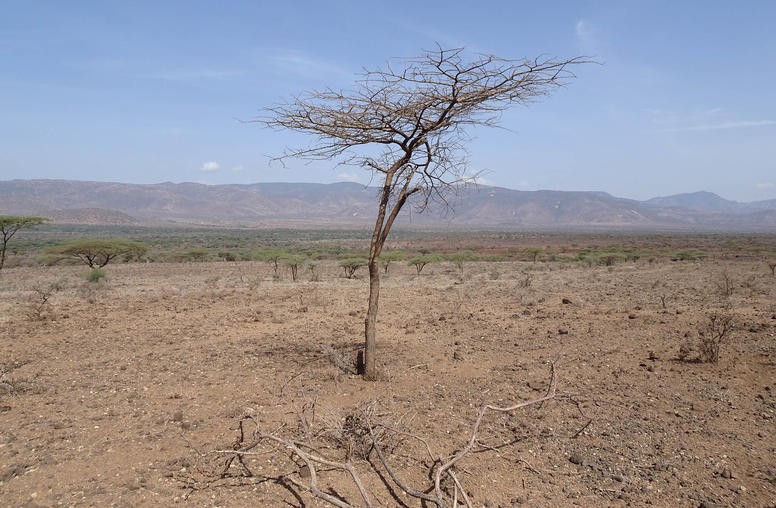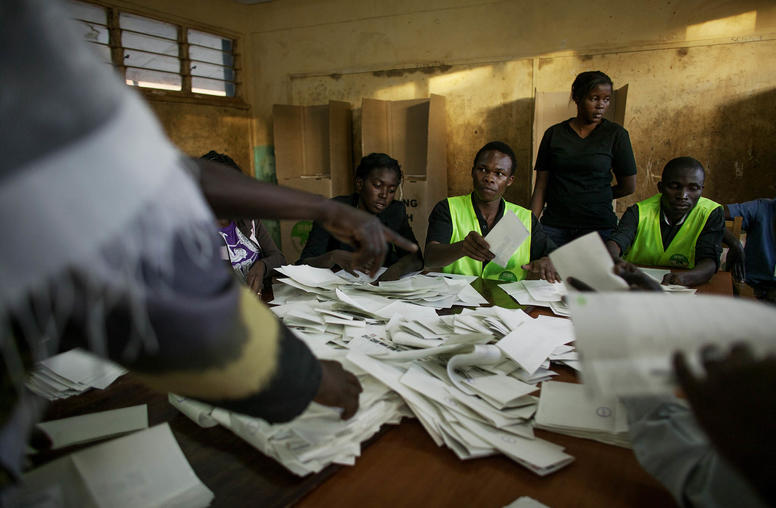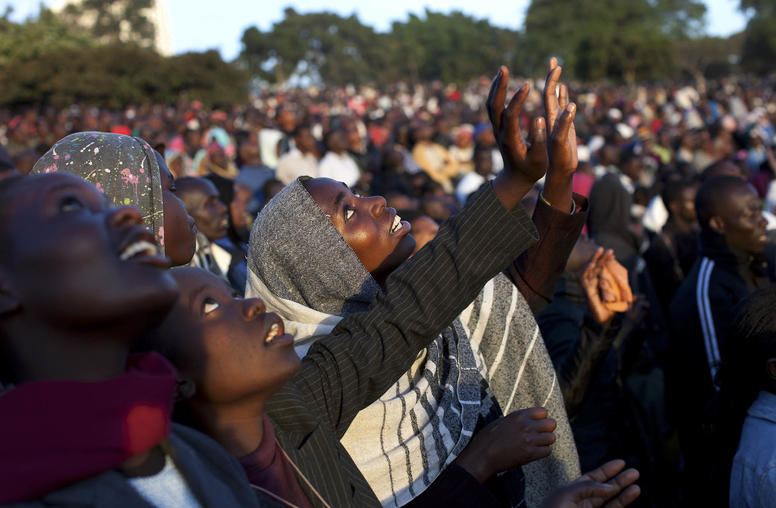Resisting the Lure of Violent Extremism
A Twitter Chat on What Works in Kenya and Around the Globe
As extremist groups around the world manipulate local grievances to recruit members and destabilize entire countries and regions, the response by governments and communities on the frontlines is more important than ever. Based on new research conducted in Kenya, the U.S. Institute of Peace hosted a Twitter roundtable (#CVEExchange) to explore how and why certain communities in Kenya were able to resist the pull of violent extremism. The discussion with Washington-based policy experts and participants around the globe explored how communities everywhere can be resilient.
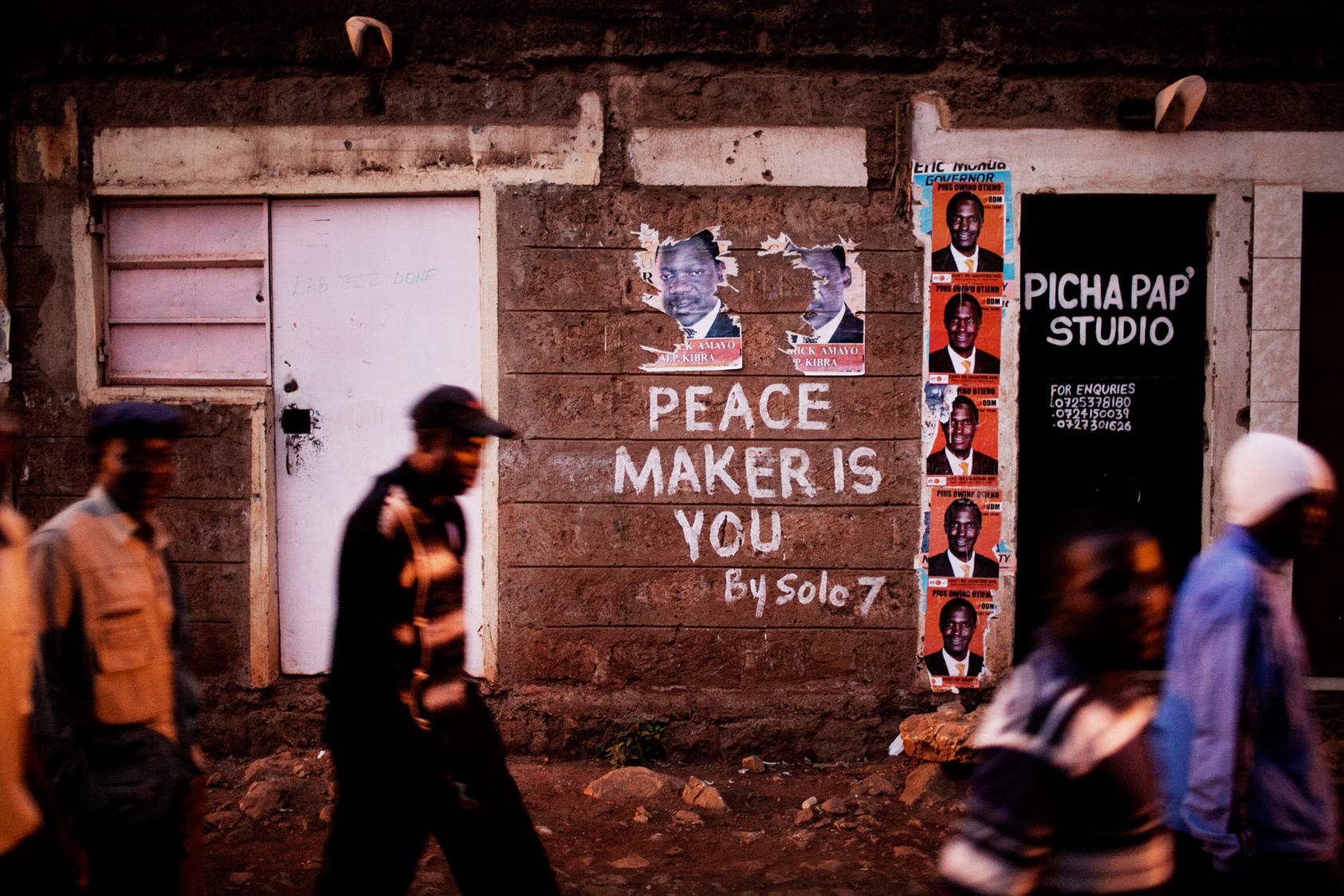
A recent one-year study in Kenya by Lauren Van Metre, who led USIP’s Applied Research Center and conducts research on community resilience to violence, examined key factors that prevented or countered violent extremist activity at the local level. USIP Program Officer Muhammad Fraser-Rahim has looked at security sector reform, election-related violence and issues of countering violent extremism in Africa.
Van Metre, Fraser-Rahim and other practitioners and policy professionals, as well as members of civil society, from Kenya, Washington, D.C., and around the world participated in a Twitter roundtable to discuss questions such as what makes communities strong enough to resist violent extremism, how does government action support or undermine that resilience and is there a relationship between electoral violence and violent extremism?
The conversation was held on November 30, at 9am EST/5pm EAT, under the hashtag #CVEExchange.
